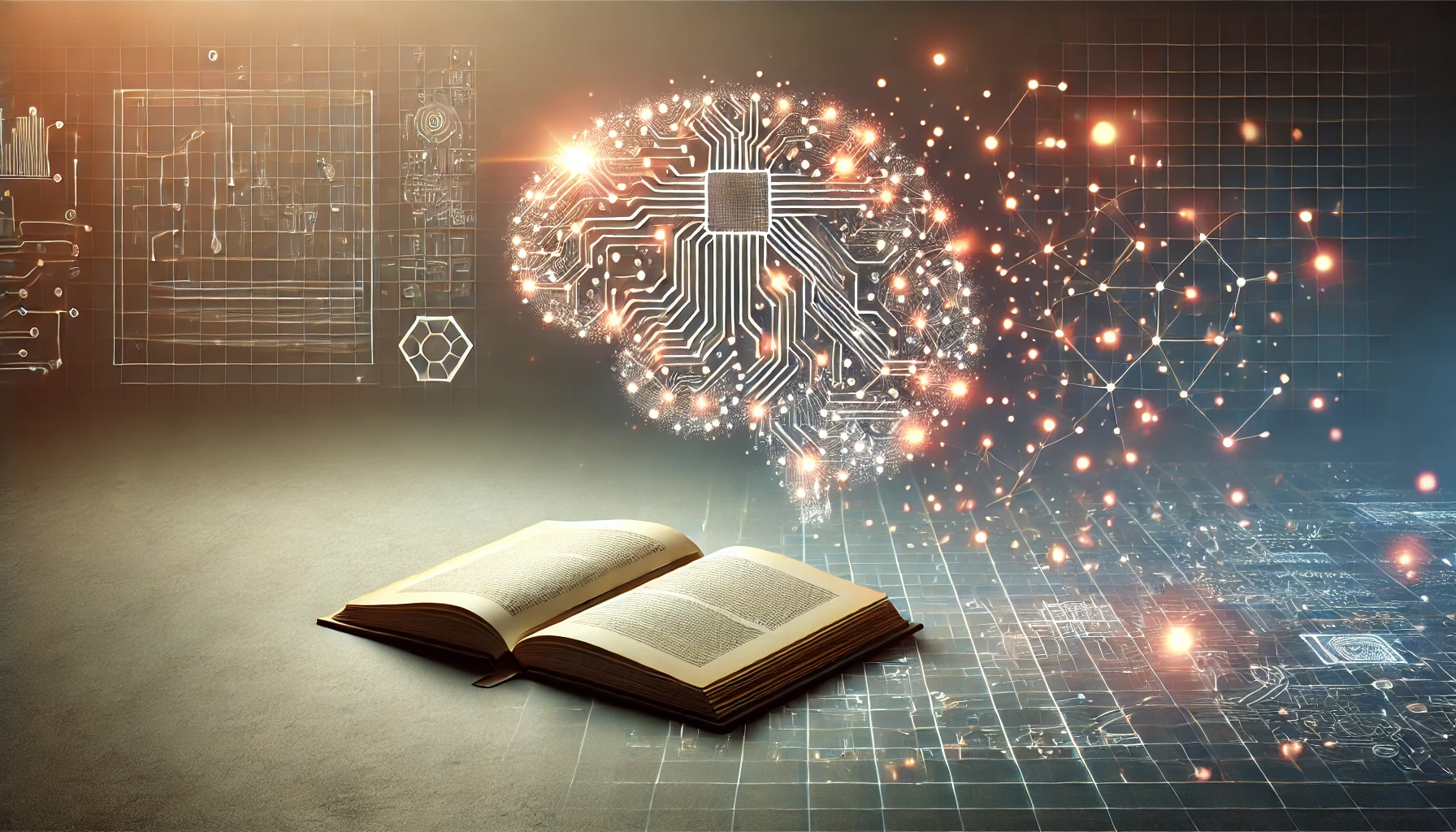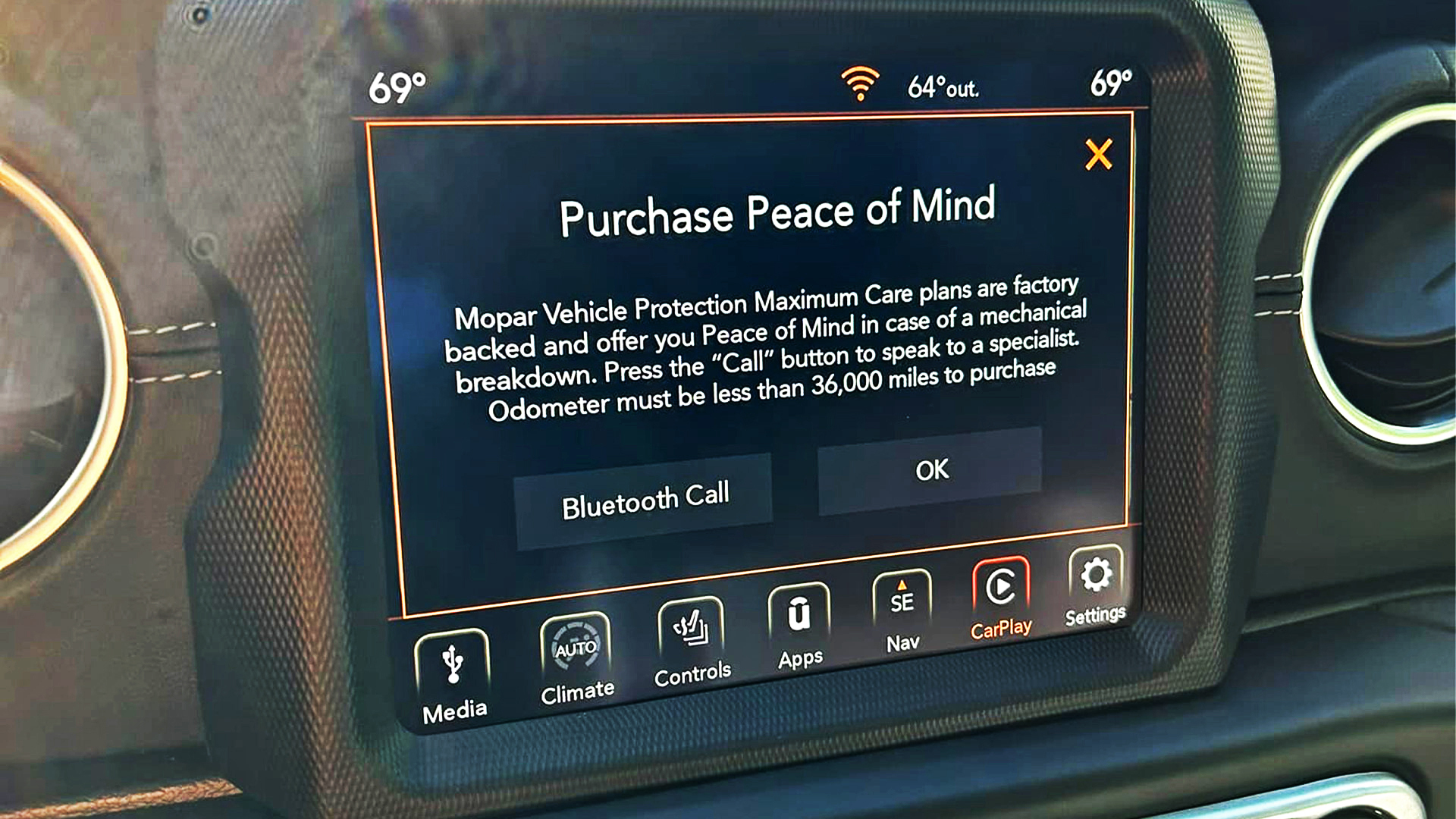The Rise of AI in Ethical Hacking: How AI is Changing Cybersecurity
Introduction The world of cybersecurity is evolving rapidly, and Artificial Intelligence (AI) is playing a crucial role in this transformation. Cyber threats are becoming more advanced, making it difficult for traditional security measures to keep up. This is where AI steps in, helping ethical hackers stay ahead of cybercriminals by detecting vulnerabilities faster, automating security processes, and predicting potential threats before they occur. As AI continues to revolutionize the field of cybersecurity, ethical hackers are leveraging its power to enhance digital security, strengthen defenses, and respond to attacks more efficiently. But what does this mean for the future of ethical hacking? And how is AI reshaping the way cybersecurity professionals work? Let’s explore how AI is changing ethical hacking and why its rise is a game-changer for cybersecurity. How AI is Transforming Ethical Hacking AI Enhances Threat Detection One of the biggest advantages AI offers in cybersecurity is its ability to detect threats in real-time. Traditional security systems rely on predefined rules to identify threats, but AI-powered systems can analyze vast amounts of data and detect unusual patterns that might indicate an attack. Machine learning algorithms can study historical cyberattacks and continuously improve their ability to identify new threats. This proactive approach helps ethical hackers detect vulnerabilities before hackers can exploit them. Automating Repetitive Security Tasks Ethical hacking involves a lot of manual testing and analysis, which can be time-consuming. AI helps by automating many of these tasks, allowing cybersecurity professionals to focus on more complex security challenges. For example, AI-powered penetration testing tools can: Scan systems for vulnerabilities. Test for weak passwords and access controls. Analyze large datasets for potential security risks. By automating these tasks, ethical hackers can work more efficiently and cover a broader range of security checks in a shorter time. AI in Social Engineering Defense Cybercriminals often use social engineering attacks, such as phishing, to trick individuals into revealing sensitive information. AI can help ethical hackers counter these threats by analyzing email patterns, detecting suspicious messages, and identifying fraudulent activities before they reach their targets. AI-powered systems can also educate users by warning them about potential phishing emails, reducing human error—one of the biggest security risks in organizations today. Predictive Analytics for Cyber Threats Instead of just reacting to attacks, AI allows ethical hackers to take a proactive approach. By analyzing historical cyberattack data, AI can predict future threats and help cybersecurity teams prepare in advance. Predictive analytics can identify which systems are most vulnerable, allowing ethical hackers to focus their efforts where they are needed most. This reduces the risk of cyberattacks and strengthens overall security measures. Strengthening Incident Response Even with the best security systems in place, cyberattacks can still happen. AI is improving incident response by helping cybersecurity teams detect, analyze, and respond to attacks more quickly. AI-powered security systems can: Identify security breaches in real time. Analyze the impact of an attack. Recommend the best course of action to mitigate damage. By accelerating response times, AI helps minimize the impact of cyberattacks and prevent further damage. AI and Ethical Hacking Tools Many ethical hacking tools are now integrating AI to improve their capabilities. These tools help cybersecurity professionals find and fix vulnerabilities faster than ever before. AI-powered tools can analyze millions of lines of code, identify weak points, and suggest fixes automatically. As AI technology advances, ethical hackers will continue to rely on AI-driven tools to enhance their cybersecurity efforts. The Growing Demand for AI-Powered Ethical Hackers With cyber threats becoming more sophisticated, companies and organizations are looking for ethical hackers who understand AI-driven security solutions. The demand for cybersecurity professionals skilled in AI and machine learning is increasing as businesses seek proactive security measures to protect their data and systems. Organizations across finance, healthcare, e-commerce, and government sectors are now prioritizing AI in their cybersecurity strategies. Ethical hackers who can leverage AI-powered security tools and techniques will have a significant advantage in the job market. Why Ethical Hacking is Crucial in Mumbai Mumbai is India’s financial and technological hub, home to major banks, corporate headquarters, IT companies, and fintech startups. As a result, the city is a prime target for cybercriminals looking to exploit vulnerabilities in banking, digital payments, and corporate networks. With the increasing adoption of AI

Introduction
The world of cybersecurity is evolving rapidly, and Artificial Intelligence (AI) is playing a crucial role in this transformation. Cyber threats are becoming more advanced, making it difficult for traditional security measures to keep up. This is where AI steps in, helping ethical hackers stay ahead of cybercriminals by detecting vulnerabilities faster, automating security processes, and predicting potential threats before they occur.
As AI continues to revolutionize the field of cybersecurity, ethical hackers are leveraging its power to enhance digital security, strengthen defenses, and respond to attacks more efficiently. But what does this mean for the future of ethical hacking? And how is AI reshaping the way cybersecurity professionals work?
Let’s explore how AI is changing ethical hacking and why its rise is a game-changer for cybersecurity.
How AI is Transforming Ethical Hacking
- AI Enhances Threat Detection One of the biggest advantages AI offers in cybersecurity is its ability to detect threats in real-time. Traditional security systems rely on predefined rules to identify threats, but AI-powered systems can analyze vast amounts of data and detect unusual patterns that might indicate an attack.
Machine learning algorithms can study historical cyberattacks and continuously improve their ability to identify new threats. This proactive approach helps ethical hackers detect vulnerabilities before hackers can exploit them.
- Automating Repetitive Security Tasks Ethical hacking involves a lot of manual testing and analysis, which can be time-consuming. AI helps by automating many of these tasks, allowing cybersecurity professionals to focus on more complex security challenges.
For example, AI-powered penetration testing tools can:
Scan systems for vulnerabilities.
Test for weak passwords and access controls.
Analyze large datasets for potential security risks.
By automating these tasks, ethical hackers can work more efficiently and cover a broader range of security checks in a shorter time.
- AI in Social Engineering Defense Cybercriminals often use social engineering attacks, such as phishing, to trick individuals into revealing sensitive information. AI can help ethical hackers counter these threats by analyzing email patterns, detecting suspicious messages, and identifying fraudulent activities before they reach their targets.
AI-powered systems can also educate users by warning them about potential phishing emails, reducing human error—one of the biggest security risks in organizations today.
- Predictive Analytics for Cyber Threats Instead of just reacting to attacks, AI allows ethical hackers to take a proactive approach. By analyzing historical cyberattack data, AI can predict future threats and help cybersecurity teams prepare in advance.
Predictive analytics can identify which systems are most vulnerable, allowing ethical hackers to focus their efforts where they are needed most. This reduces the risk of cyberattacks and strengthens overall security measures.
- Strengthening Incident Response Even with the best security systems in place, cyberattacks can still happen. AI is improving incident response by helping cybersecurity teams detect, analyze, and respond to attacks more quickly.
AI-powered security systems can:
Identify security breaches in real time.
Analyze the impact of an attack.
Recommend the best course of action to mitigate damage.
By accelerating response times, AI helps minimize the impact of cyberattacks and prevent further damage.
- AI and Ethical Hacking Tools Many ethical hacking tools are now integrating AI to improve their capabilities. These tools help cybersecurity professionals find and fix vulnerabilities faster than ever before. AI-powered tools can analyze millions of lines of code, identify weak points, and suggest fixes automatically.
As AI technology advances, ethical hackers will continue to rely on AI-driven tools to enhance their cybersecurity efforts.
The Growing Demand for AI-Powered Ethical Hackers
With cyber threats becoming more sophisticated, companies and organizations are looking for ethical hackers who understand AI-driven security solutions. The demand for cybersecurity professionals skilled in AI and machine learning is increasing as businesses seek proactive security measures to protect their data and systems.
Organizations across finance, healthcare, e-commerce, and government sectors are now prioritizing AI in their cybersecurity strategies. Ethical hackers who can leverage AI-powered security tools and techniques will have a significant advantage in the job market.
Why Ethical Hacking is Crucial in Mumbai
Mumbai is India’s financial and technological hub, home to major banks, corporate headquarters, IT companies, and fintech startups. As a result, the city is a prime target for cybercriminals looking to exploit vulnerabilities in banking, digital payments, and corporate networks.
With the increasing adoption of AI-powered technologies in Mumbai’s industries, the need for AI-driven cybersecurity solutions is greater than ever. Companies in Mumbai are actively seeking skilled ethical hackers who can handle AI-powered security challenges and protect critical data from cyber threats.
As cyber risks continue to grow, ethical hackers in Mumbai will play a key role in securing businesses, financial institutions, and digital infrastructure.
How to Get Started in Ethical Hacking with AI
If you’re interested in a career in ethical hacking and AI-driven cybersecurity, the first step is to gain the right knowledge and certification. A structured Ethical Hacking Certification online Mumbai can provide the necessary skills to:
Understand AI’s role in cybersecurity.
Learn ethical hacking techniques and penetration testing.
Use AI-powered security tools for threat detection.
Develop expertise in network security, cryptography, and cyber defense.
With AI transforming the ethical hacking industry, now is the perfect time to gain hands-on experience and build a career in this high-demand field.
Conclusion
The rise of AI in ethical hacking is revolutionizing cybersecurity. From automated threat detection and penetration testing to predictive analytics and faster incident response, AI is empowering ethical hackers to stay ahead of cybercriminals.
As businesses and organizations adopt AI-driven security solutions, the demand for AI-skilled ethical hackers will continue to grow. In Mumbai, where cyber threats are increasing due to its role as India’s financial hub, AI-powered cybersecurity is more critical than ever.
For anyone looking to start a career in ethical hacking, learning AI-driven cybersecurity techniques will provide a competitive edge in this fast-evolving industry. Now is the time to get certified, gain practical skills, and become a cybersecurity expert of the future.










































































